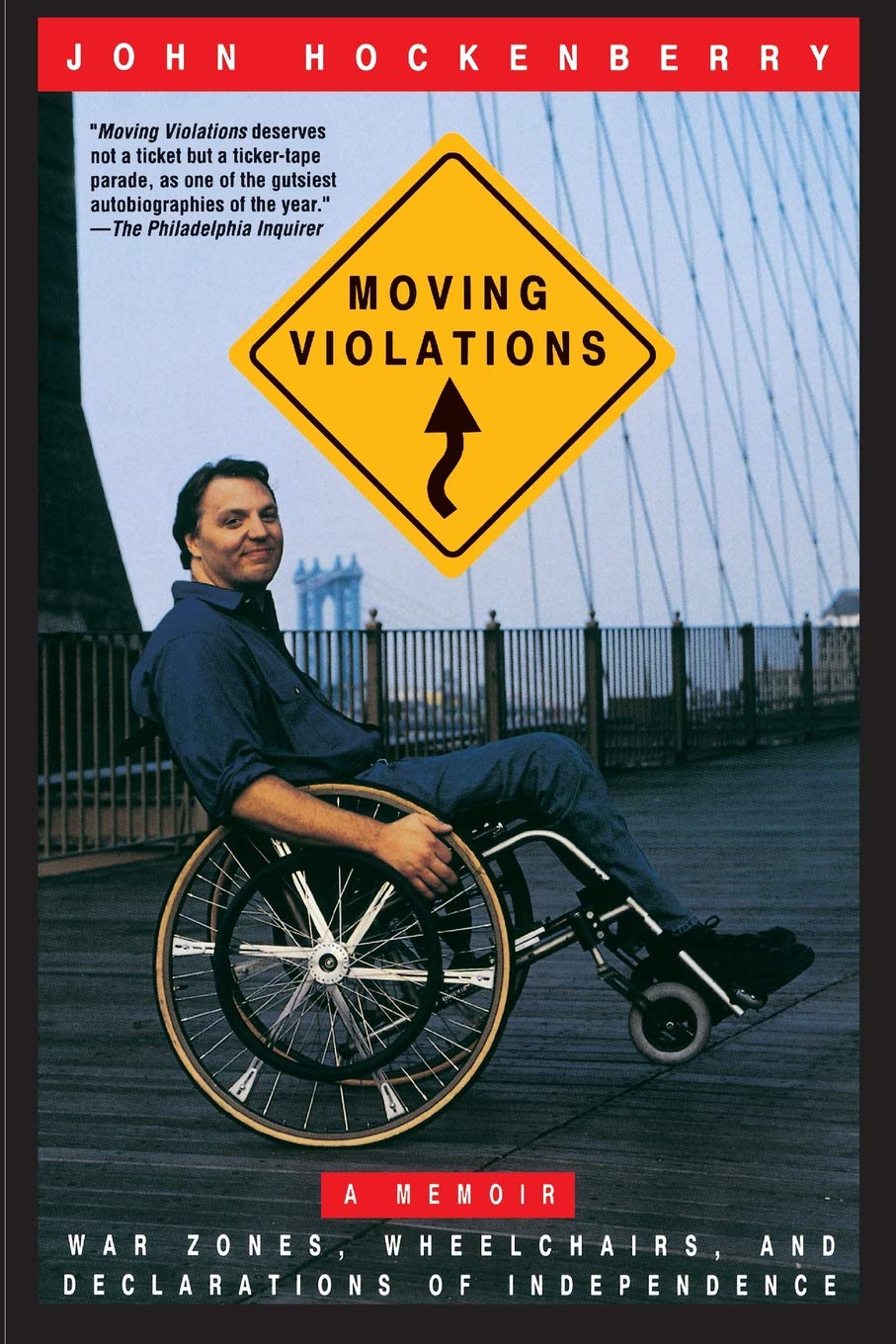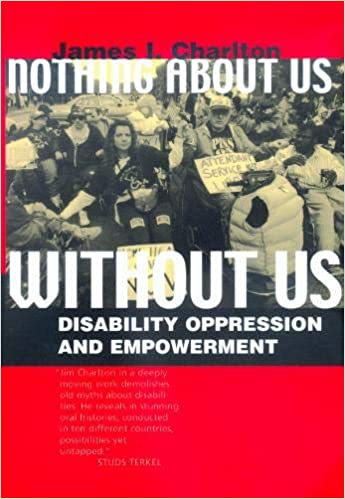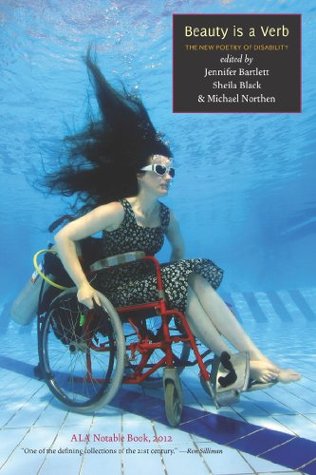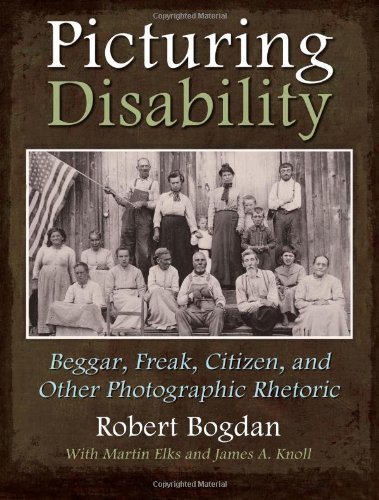October Book Selections
This October marks 30 years since the passage of the Americans with Disabilities Act. In honor of this landmark event, the A.C. Clark Library has compiled a handful of books exploring both how society has dealt with topics relating to physical, mental and emotional disabilities through history and compelling first-hand accounts from those who make the best of difficult personal situations every day. View the complete list of curated selections here.
Bemidji State University alumni are able to borrow the books below by signing up for an alumni library card. These books may also be available through your local library and can be purchased online on Amazon.com.

Why I Burned My Book and Other Essays on Disability
Author: Paul K. Longmore
This wide-ranging book shows why Paul Longmore is one of the most respected figures in disability studies today. Understanding disability as a major variety of human experience, he urges us to establish it as a category of social, political, and historical analysis in much the same way that race, gender, and class already have been. The essays here search for the often hidden pattern of systemic prejudice and probe into the institutionalized discrimination that affects the one in five Americans with disabilities.
Moving Violations: War Zones, Wheelchairs, and Declarations of Independence
Author: John Hockenberry
John Hockenberry's Moving Violations is one of the most entertaining, provocative, unexpected, outspoken, and occasionally outrageous books in recent memory. It is a story of obstacles--physical, emotional, and psychic--overcome again, and again, and again. Whether riding a mule up a hillside in Iraq surrounded by mud-stained Kurdish refugees, navigating his wheelchair through intractable stretches of Middle Eastern sand, or auditioning to be the first journalist in space, John Hockenberry, ace reporter, is determined not only to bring back the story, but also to prove that nothing can hold him back from death-defying exploits.
Nothing About Us Without Us: Disability Oppresion and Empowerment
Author: James Charlton
James Charlton has produced a ringing indictment of disability oppression, which, he says, is rooted in degradation, dependency, and powerlessness and is experienced in some form by five hundred million persons throughout the world who have physical, sensory, cognitive, or developmental disabilities. Nothing About Us Without Us is the first book in the literature on disability to provide a theoretical overview of disability oppression that shows its similarities to, and differences from, racism, sexism, and colonialism. Charlton's analysis is illuminated by interviews he conducted over a ten-year period with disability rights activists throughout the Third World, Europe, and the United States.
Beauty is a Verb: The New Poetry of Disability
Authors: Sheila Black, Jennifer Bartlett, Michael Northen
Beauty is a Verb is a ground-breaking anthology of disability poetry, essays on disability, and writings on the poetics of both. Crip Poetry. Disability Poetry. Poems with Disabilities. This is where poetry and disability intersect, overlap, collide and make peace.
Picturing Disability: Beggar, Freak, Citizen and other Photographic Rhetoric
Author: Robert Bogdan
In Picturing Disability, Bogdan and his collaborators gather over 200 historical photographs showing how people with disabilities have been presented and exploring the contexts in which they were photographed.
Rather than focus on the subjects. Bogdan turns his gaze on the people behind the camera. He examines the historic and cultural environment of the photographs to decipher the relationship between the images and the perspectives of the picture makers.
Loud Hands: Autistic People, Speaking
Author: Julia Bascom
Loud Hands: Autistic People, Speaking is a collection of essays written by and for Autistic people. Spanning from the dawn of the Neurodiversity movement to the blog posts of today, Loud Hands: Autistic People, Speaking catalogues the experiences and ethos of the Autistic community and preserves both diverse personal experiences and the community's foundational documents together side by side.






